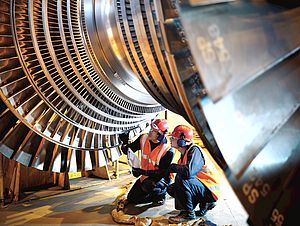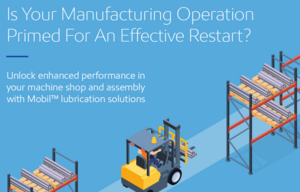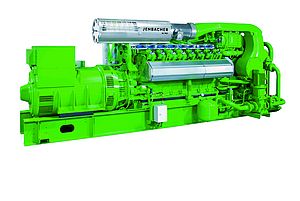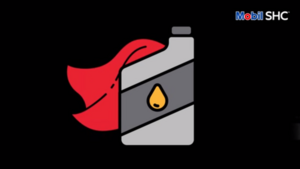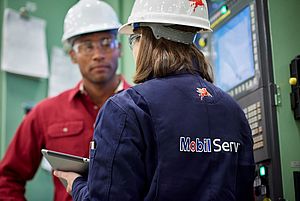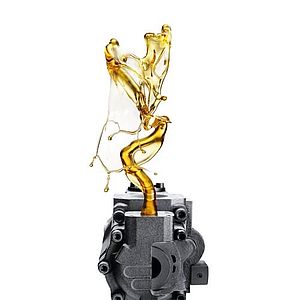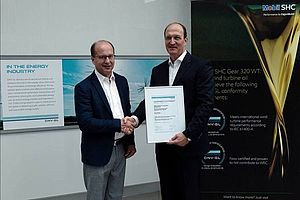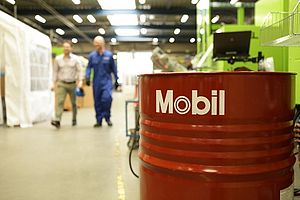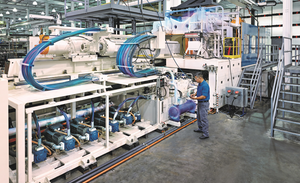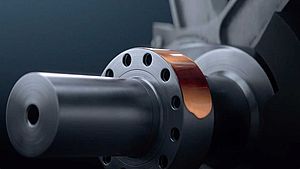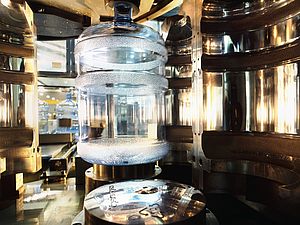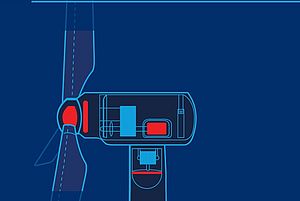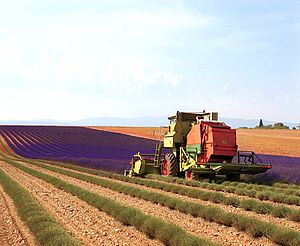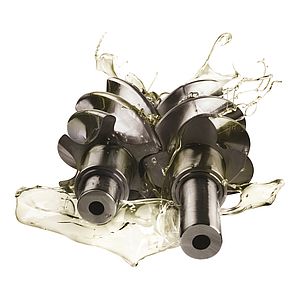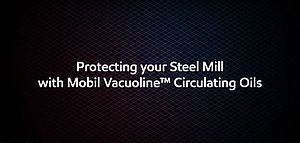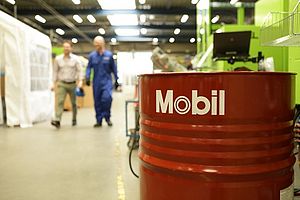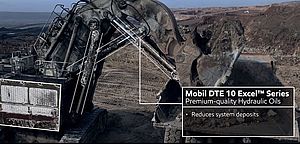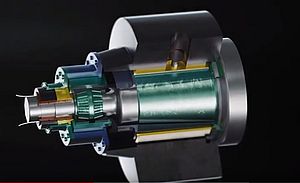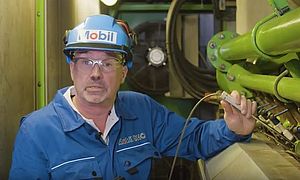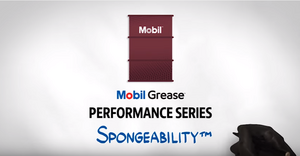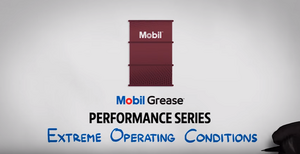Optimising cement plant productivity with high performance lubricants
Cement production is a complex operation that exposes processing equipment to heavy loads, extreme temperatures and high levels of contamination. Many systems are in continuous operation so any unscheduled downtime along the production chain can have a serious impact on overall productivity. Plant operators therefore need to safeguard the reliability of their kilns, crushers, ball mills, conveyors, elevators and quarry-side mobile plants in order to protect bottom line performance.
An important step to doing this is to use high performance oils and greases as they can deliver a range of cost-effective operational benefits including enhanced equipment protection and a reduction in unscheduled maintenance.
Crushing performance
For example, China’s Dalian Cement Group was experiencing overheating issues with its hammer crusher, which was resulting in multiple premature bearing failures. After an on-site investigation, ExxonMobil engineers recommended the company replace its conventional lubricant with Mobilith SHC™ 100 synthetic grease. Its advanced formulation resists viscosity thinning and oxidation, even at elevated temperatures.
Following the switch, the bearings in the hammer crusher no longer experienced overheating problems, which significantly reduced the level of failures and related unscheduled downtime. These benefits resulted in an annual saving of $153,000 and enhanced safety by reducing employee-equipment interaction*.
Substantial cost benefits
Despite only accounting for around 1% of a cement mill’s operational expenses, high performance oils and greases have the potential to deliver substantial cost benefits. Improvements in lubricant technology have seen significant breakthroughs in extending equipment life and lengthening oil drain intervals. For this reason, plants are advised to always choose the oils and greases that best fit their operational requirements.
*This proof of performance is based on the experience of a single customer. Actual results can vary depending upon the type of equipment used and its maintenance, operating conditions and environment, and any prior lubricant used.






